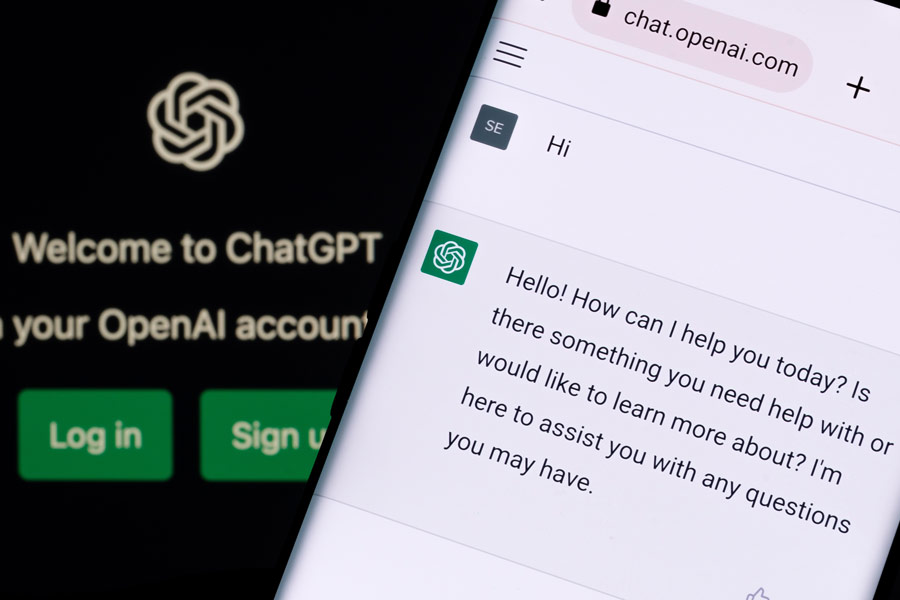Advertisment
ChatGPT’s responses to people’s healthcare-related queries are nearly indistinguishable from those provided by humans, new study reveals

ChatGPT’s responses to people’s healthcare-related queries are nearly indistinguishable from those provided by humans, a new study from NYU Tandon School of Engineering and Grossman School of Medicine reveals, suggesting the potential for chatbots to be effective allies to healthcare providers’ communications with patients.
An NYU research team presented 392 people aged 18 and above with ten patient questions and responses, with half of the responses generated by a human healthcare provider and the other half by ChatGPT.
Participants were asked to identify the source of each response and rate their trust in the ChatGPT responses using a 5-point scale from completely untrustworthy to completely trustworthy.
The study found people have limited ability to distinguish between chatbot and human-generated responses. On average, participants correctly identified chatbot responses 65.5% of the time and provider responses 65.1% of the time, with ranges of 49.0% to 85.7% for different questions. Results remained consistent no matter the demographic categories of the respondents.
The study found participants mildly trust chatbots’ responses overall (3.4 average score), with lower trust when the health-related complexity of the task in question was higher. Logistical questions (e.g. scheduling appointments, insurance questions) had the highest trust rating (3.94 average score), followed by preventative care (e.g. vaccines, cancer screenings, 3.52 average score). Diagnostic and treatment advice had the lowest trust ratings (scores 2.90 and 2.89, respectively).
According to the researchers, the study highlights the possibility that chatbots can assist in patient-provider communication particularly related to administrative tasks and common chronic disease management. Further research is needed, however, around chatbots’ taking on more clinical roles. Providers should remain cautious and exercise critical judgment when curating chatbot-generated advice due to the limitations and potential biases of AI models.
The study, “Putting ChatGPT’s Medical Advice to the (Turing) Test: Survey Study,” is published in JMIR Medical Education. The research team consists of NYU Tandon Professor Oded Nov, NYU Grossman medical student Nina Singh and Grossman Professor Devin M. Mann.





